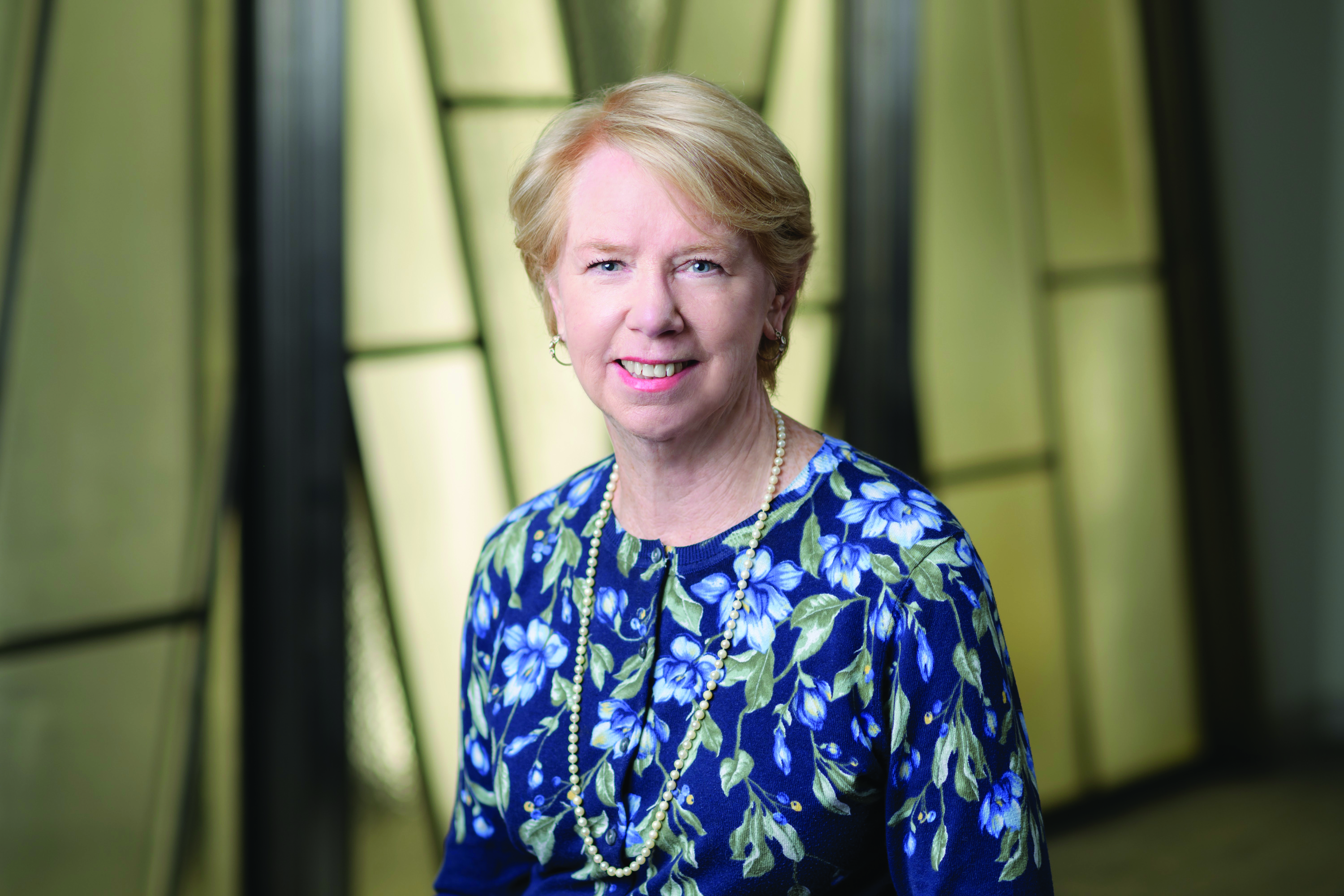Two Years Later, We Are Older and Wiser
As we turn the calendar to the new year, it feels a bit like the film Groundhog Day. Information about the COVID-19 pandemic—and related topics like masks, vaccination, and protecting ourselves and our patients from infection—still dominates the news and the literature. Many areas are struggling with surges in winter cases, and we all feel the personal loss of friends and family, colleagues, and patients and the toll it has taken on our profession. It is, without doubt, a constant presence in our lives.

Yet it has given us great progress through science and innovation, and it has shown the world the incredible contributions nurses have made to caring and survival. We have learned, adapted, and improved care delivery, and now we advocate to ensure for the future such as cancer care via telehealth and expansion of nursing and advanced practice scope of care.
The shutdowns affected public health (https://jamanetwork.com/journals/jamaoncology/fullarticle/2778916) by disrupting preventive care, especially cancer screening for early detection, and the predictive estimates of cancer-related deaths from diagnosis delays are staggering. As oncology nurses, we must use our influence in our communities to encourage restoration of regular cancer screening practices to reverse those grim cancer survival outcomes.
ONS Perspective
Throughout the pandemic, ONS has persisted in its mission to support all nurses caring for people with cancer and to achieve the Society’s strategic plan. At first we did this work virtually, but for the past four months, ONS directors-at-large have met in person to conduct the serious business of leading ONS. Our reliance on technology has been a boon to our success, but the interpersonal relationships of face-to-face conversation will never be replaced.
We also meet virtually and in person with other key nursing and professional organizations that ONS works with. ONS collaborates with the American Nurses Association (ANA) Organizational Affiliates and the independent Nursing Organizations Alliance through shared coalitions on national initiatives. Some of our current work involves strategic planning to adopt recommendations from the National Commission to Address Racism in Nursing report and the National Academy of Medicine Future of Nursing 2020–2030 (https://www.nap.edu/read/25982/chapter/1) report. The ONS president and chief executive officer (CEO) represent oncology nursing in those meetings.
The Future of ONS Leadership
I am privileged to announce that Jeannine M. Brant, PhD, APRN, AOCN®, FAAN, is your next president-elect. Jeannine is a well-known international leader in palliative care and oncology nursing and has been a valuable member of the Board since 2020. She joins the Executive Committee that includes Secretary Darcy Burbage, DNP, RN, AOCN®, CBCN®, Treasurer Valerie Burger, MA, MS, RN, OCN®, CPN, and CEO Brenda Nevidjon, MSN, RN, FAAN. The president-elect position allows for a transition time for a seamless switch in May 2022, when Jeannine becomes the standing ONS president. Congratulations, Jeannine!
All members eligible to vote have received the 2022 ballot. In addition to selecting directors-at-large, we ask that you vote on the proposed bylaws changes to Board selection and recommended modernization of other processes. Visit the ONS website (https://www.ons.org/about-ons/ons-leadership/2022-ons-election) for more information about the candidates and the proposed bylaws changes, including a recording of the November 2021 panel discussion with myself and the Leadership Development Committee.
From all of us at ONS, I wish you and your families a safe, peaceful, and happy New Year. Our oncology nursing foundation prepares us for survival in all challenges: the pain of the experience but the wisdom from overcoming adversity. May our COVID companion diminish this year and leave us wiser and more optimistic for a new normal.
